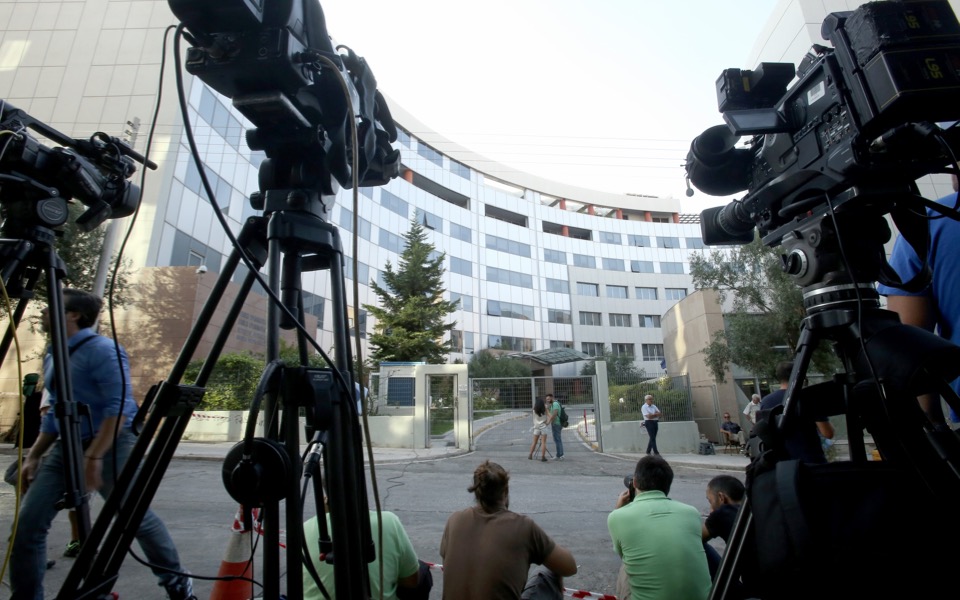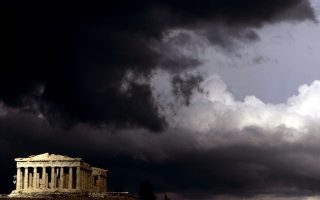How it should have gone down

The government had invested a lot in the broadcasting license auction. It had hoped that by implementing a long-overdue institutional overhaul of the TV sector – which for decades operated on a permanently temporary basis that allowed all sorts of games to be played, favors to be plied and pressure to be applied – it would score much-needed moral points to counterbalance those lost over how daily life is shaping out for most Greeks.
These lofty expectations were harbored first and foremost – though not exclusively – by the dominant leftist part of the bizarre coalition that emerged in January 2015. In any case, the auction was not a campaign to delude and muddle the people, as harped on about by so many opposition MPs who present themselves as fervent guardians of the public interest and admirers of the people’s judgment – while at the same time casting them as sheep.
The auction was an effort to fulfill a stated intention that for SYRIZA amply symbolized its “war against corruption,” promised back when its popularity was still at around the 3 percent mark. What, as a governing party, however, has it done in terms of this promise, which is, perhaps, the only one it made that is still not considered delusional?
The fact is that it has done very little to serve this idea calmly and carefully and much more to undermine it, to discredit it ethically and to render it the subject of doubt and sarcasm. An initiative that was absolutely necessary – if we want to call ourselves a law-abiding state – is now at risk of appearing driven by ulterior motives. The fact that opposition politicians – both major and minor – insist on using their position as an opportunity to give their intellect a rest and limit their political rhetoric to snappy one-liners on this issue too is no excuse for the government.
The government had a duty to divulge everything about the endeavor, without any vague areas – such as, for example, what would happen with the licenses for regional or subject-specific channels – from the onset. It should have tried much harder to form a new National Broadcasting Council. It should have given more persuasive arguments as to why it chose to limit the number of licenses to a seemingly arbitrary four. It should have prevented the participation in the auction of individuals or companies with questionable money sources by conducting exhaustive checks of their derivation of wealth declarations beforehand, so that we wouldn’t have all these revelations coming out today. It should not have allowed any of the bidders to believe that they would be granted preferential treatment.
If all of these rather obvious steps had been respected, the prime minister would not be in the position now where he has to state the obvious by saying that any successful bidder found to be in violation of the law will be stripped of their license.





